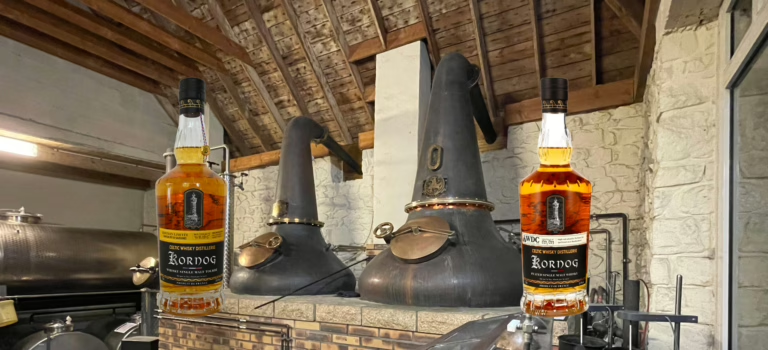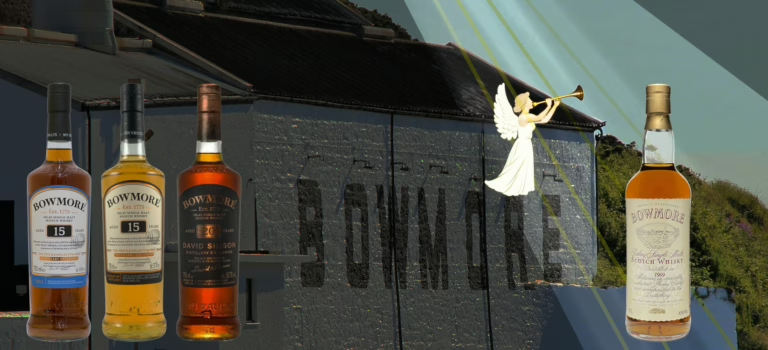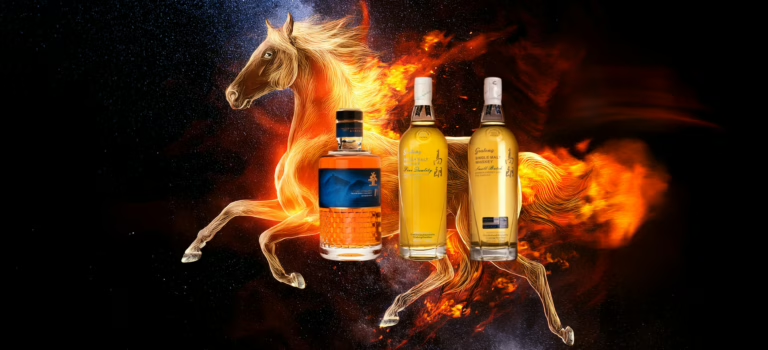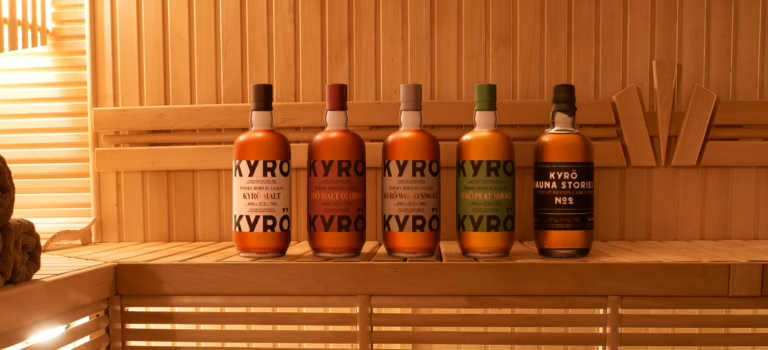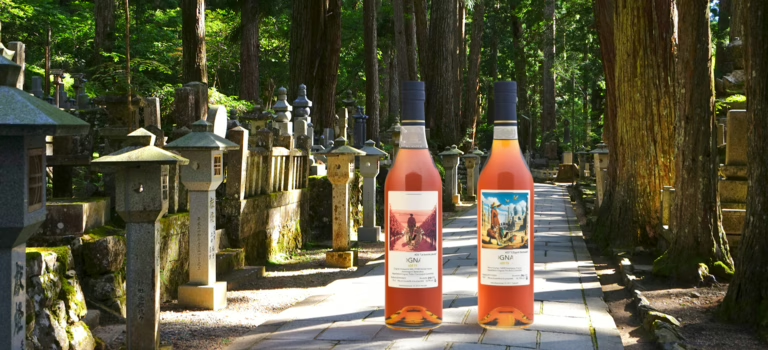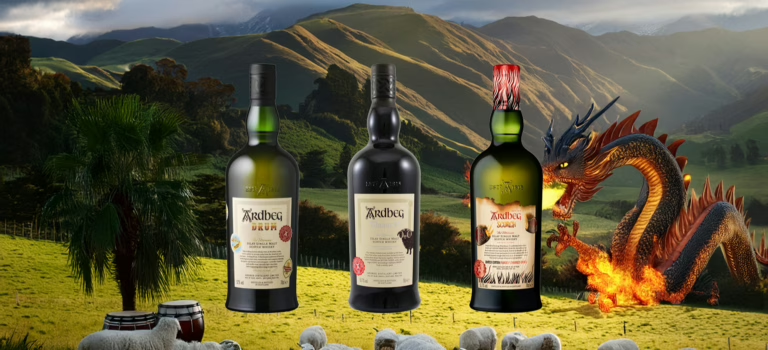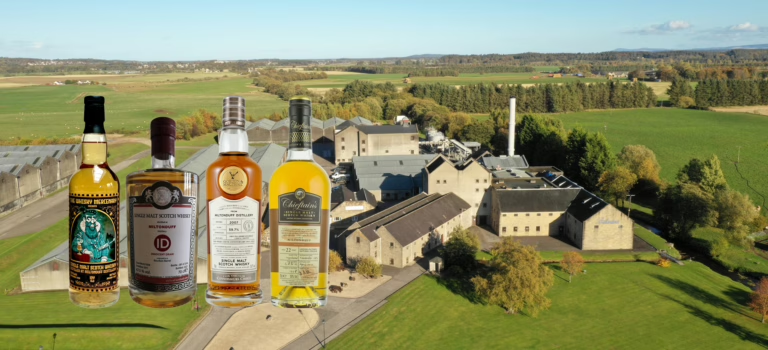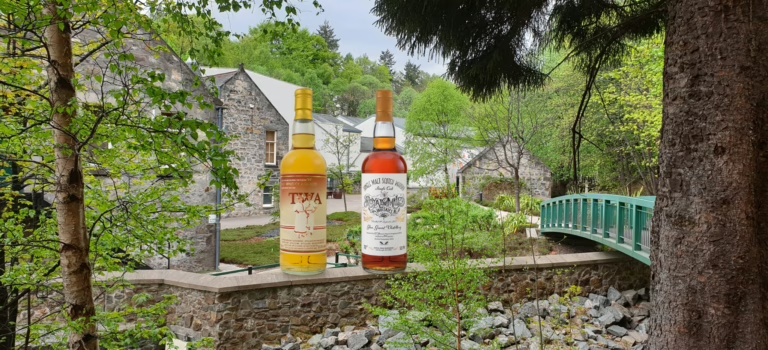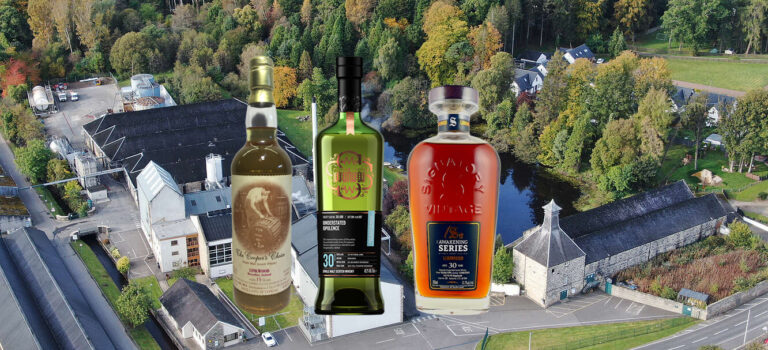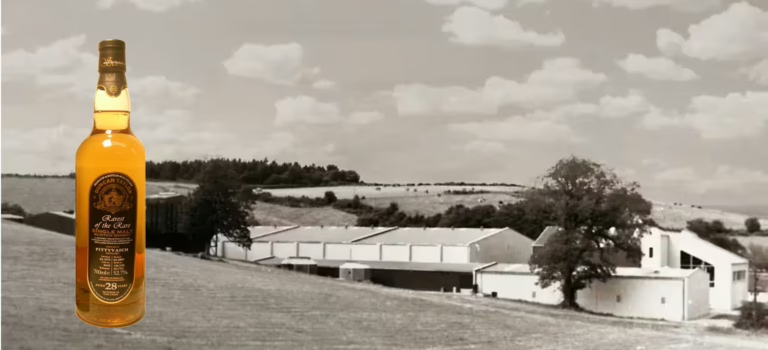After Monday’s quartet of Bowmore, we stay firmly in peated territory with two Kornog: a Sauternes Cask Finish and the 2008 bottling for Wu Dram Clan. Kornog is the peated single malt produced by Celtic Whisky Distillerie, a small coastal operation based in Pleubian, Brittany in France, that we had the chance to visit a few years ago. Their unpeated spirit is released under the Glann Ar Mor label. It is a distillery that wears its Breton identity proudly, and these two expressions promise to show just how characterful its smoky side can be.
Read more